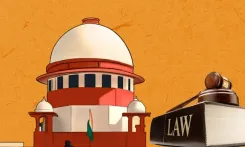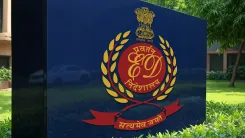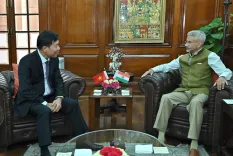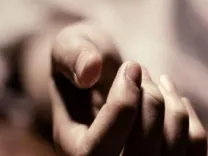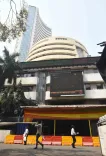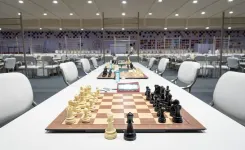Did the 21-month Emergency Trigger an Era of Anarchism in India? Tripura CM Manik Saha Speaks Out
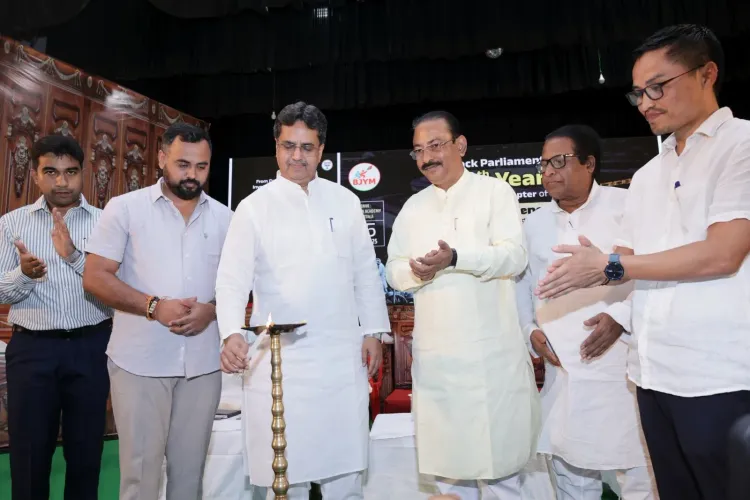
Synopsis
Key Takeaways
- Emergency period lasted 21 months.
- Significant curtailment of civil liberties.
- Opposition leaders faced imprisonment.
- Media censorship was widespread.
- Importance of safeguarding democratic values.
Agartala, June 25 (NationPress) The 21-month Emergency marked a significant period of anarchism in India, asserted Tripura Chief Minister Manik Saha during his address at the ‘Mock Parliament on the Dark Days of Emergency’.
The Chief Minister highlighted that after former Prime Minister Indira Gandhi declared the Emergency on June 25, 1975, the voice of the populace was entirely suppressed until March 21, 1977, when this dark chapter was finally closed. Saha, who previously led the BJP in Tripura, noted that following the Emergency proclamation, numerous key opposition leaders were incarcerated, resulting in a complete absence of democratic governance during that time.
“It wasn’t just opposition figures; even members from her own party (Congress) who voiced concerns were jailed under the Maintenance of Internal Security Act (MISA) during the Emergency. Many editors and journalists faced arrest for their critiques regarding the Emergency,” he emphasized, adding, “We fervently hope that such an undemocratic and dark era never returns.” Saha remarked that since Narendra Modi took office, there has been a robust enhancement in the protection of democracy, aligning with the principles of the Indian constitution.
He shared that the ‘Mock Parliament on the Dark Days of Emergency’ is being conducted in over 100 locations nationwide. As part of a larger campaign, the BJP observed ‘Samvidhaan Hatya Diwas (Murder of Constitution Day)’ across Tripura, commemorating the horrors of the Emergency initiated by Indira Gandhi through seminars, discussions, and public awareness initiatives.
During the state-level event at Rabindra Shatabarshiki Bhavan, the Bharatiya Janata Yuva Morcha (BJYM) organized a mock parliamentary debate focusing on Indian democracy among the youth of the party. The Chief Minister underscored various aspects of the 'dark phase of Emergency', stating that the Emergency, lasting from June 25, 1975, to March 21, 1977, was enacted under Article 352 of the Constitution, causing tremendous distress to citizens and completely stifling democratic activities. Indira Gandhi compelled then President Fakhruddin Ali Ahmed to declare the Emergency, he noted.
During this phase, essential rights of citizens were suspended, media freedom was severely restricted through stringent censorship, and judicial independence faced significant erosion, he reminded the audience. “As we mark the 50th anniversary of the start of the Emergency, we condemn those days of Congress and strive to educate younger generations about these dark times,” Saha stated. State BJP President Rajib Bhattacharjee and other leaders were also present at the event.

